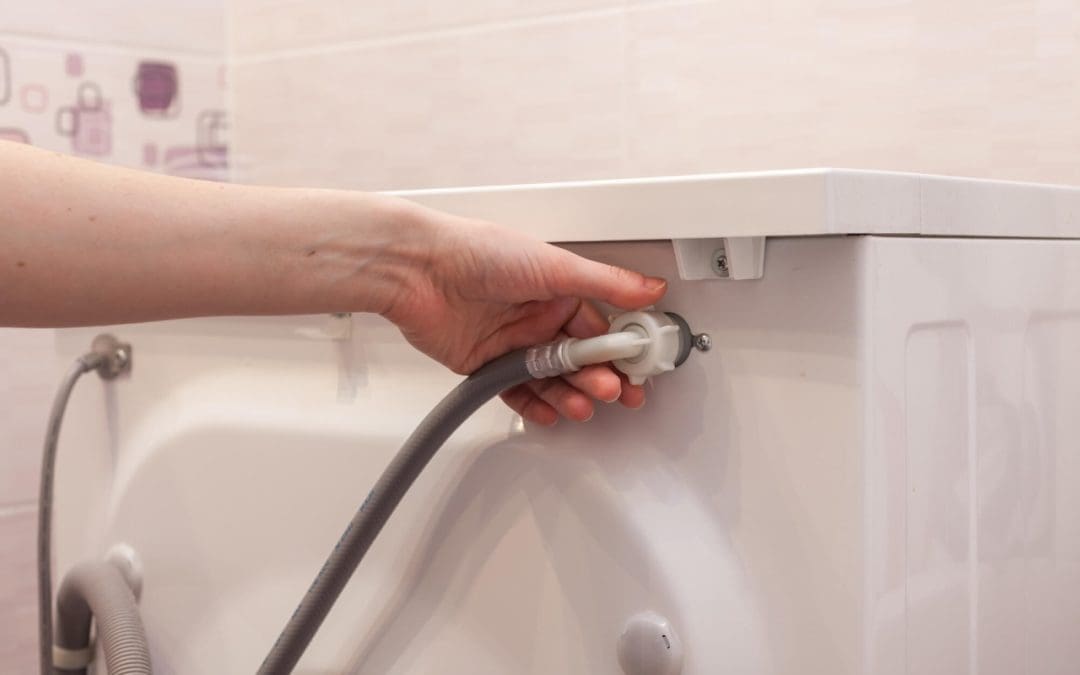Water damage caused by plumbing leaks can be costly depending on where it is and how long the leak has been active. Preventing those leaks from happening in the first place is your best defense. Here are five ways to prevent plumbing leaks in your home.
1. Prevent Plumbing Leaks by Watching What’s Going Down the Drain
Your drains are designed to carry water through your pipes and out of your home. Clogged pipes can cause backups, but slow-draining pipes mean something’s settled somewhere in your plumbing, possibly corroding your pipes. To prevent plumbing leaks, don’t put these items down your drain:
- Grease: Grease will still stick to the inside of the pipes, causing them to corrode.
- Coffee grounds: Either toss them in the garbage or a compost pile.
- Eggshells: They will cling to the sides of pipes.
- Potato peels: Even using the garbage disposal won’t break down the peel, and it will cling to the inside of the pipes.
- Rice: Rice can block pipes and corrode them.
2. Prevent Plumbing Leaks by Insulating Pipes
If you have any pipes that are exposed to the outdoors, they may freeze and burst during the winter months. These pipes are usually located in basements, crawlspaces, or along exterior walls. Insulating them is the best way to prevent plumbing leaks associated with cold weather.
It’s also a good idea to keep one faucet on a slow drip to keep the water moving if you have any pipes that are prone to freezing in the winter.
3. Air Conditioner and Washing Machine Inspection
Appliances like air conditioners and washing machines have hoses that can leak. Inspect them annually to keep the appliance running efficiently and prevent leaks caused by failing drain lines. Carefully run your fingers along the lines to check the condition yourself or call a professional.
4. Prevent Plumbing Leaks With Careful Landscaping
Landscaping is something else that you should be careful with to prevent plumbing leaks. Some trees and shrubs have aggressive root systems, meaning they will branch out in search of water. Their roots can destroy pipes over time. It’s a good idea to keep any of these types of trees or shrubs planted far away from your home.
5. Chemicals
While it’s tempting to buy some type of drain cleaner if you have a clogged or slow-draining pipe, those chemicals are highly corrosive on your pipes. If you aren’t able to clear a clogged or slow drain by plunging or a drain snake, call a professional plumber.
Homebuyer’s Inspections provides home inspection services to Dallas-Fort Worth and the surrounding areas. Contact us to schedule an inspection.

